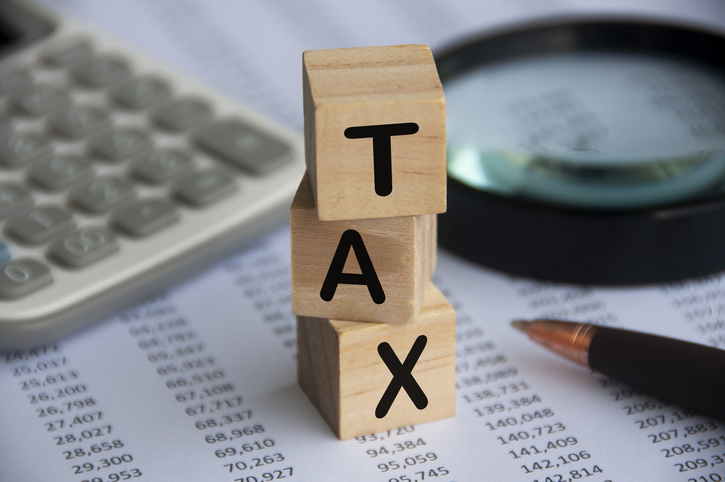Sales Tax Nexus Explained
Franklin Chow
on
February 16, 2024
For businesses operating across state lines, understanding the concept of sales tax nexus is critical. It’s the determining factor on whether a business has an obligation to collect and remit sales tax in a particular state. A sales tax nexus study is thus an essential instrument that helps businesses assess these obligations.
The study involves a thorough analysis of a company’s operations, including aspects such as sales, workforce, inventory, and physical presence, to ascertain if it meets the criteria for establishing nexus in a given state. Businesses can then identify the states where they are required to register for and collect sales tax.
What is Sales Tax Nexus?
Sales tax nexus is a vital concept for businesses to grasp for tax compliance. But what does it mean? Simply put, it’s the connection or presence a business has in a state, triggering the obligation to register for, collect and remit sales tax on taxable transactions within that state.
Sales tax nexus impacts businesses in two main ways.
- It dictates whether a business is obliged to collect and remit sales tax:
If a business establishes nexus in a state, it must register for a sales tax permit and charge sales tax on taxable sales. - It affects a business’s total tax liability:
With nexus in various states, a business may have to cope with different tax rates, exemptions, and filing requirements.
Understanding sales tax nexus is thus a vital step for businesses aiming to stay compliant, avoid penalties, and manage their tax obligations efficiently.
Some of the Common Activities that Trigger Nexus Include
- Maintaining a physical presence in the state, such as establishing an office or renting a warehouse
- Selling products or services from an out-of-state location to customers in-state
- Hiring remote employees
With These activities in mind, a nexus study is essential for businesses that are:
- Expanding into new markets
- Making sales in new states
- Launching new products and services
- Moving or expanding an international business into the U.S.
- Acquiring new companies
- Looking to become compliant after receiving a penalty

What is a Sales Tax Nexus Study?
A sales tax nexus study is a vital process that helps businesses determine their sales tax obligations across different jurisdictions. The study involves analyzing various business activities to identify if they establish sufficient presence or nexus. This helps businesses understand where they need to register, collect, and remit sales tax.
Conducting a sales tax nexus study carries several benefits.
- It helps businesses avoid non-compliance penalties and potential audits.
- It can reveal areas where a business may have overpaid or underpaid sales tax.
By evaluating their operations and the specific nexus rules of each state, businesses can enhance their sales tax collection processes and potentially save money.
A sales tax nexus study is a critical tool for businesses to remain compliant with tax regulations. It helps identify sales tax obligations, avoid penalties, optimize sales tax processes, and streamline tax compliance efforts.
Selecting the Best Sales Tax Nexus Solution
When it comes to sales tax nexus studies, it’s crucial to explore your options and find the right solution for your business. Source Advisors is well-versed in the complexities of sales tax nexus and offers expert assistance to businesses in need. Our team of seasoned professionals can guide you through the process and provide accurate and comprehensive sales tax nexus studies.
Our tailored approach means we consider the unique aspects of your business. Whether you operate as an e-commerce business, a brick-and-mortar store, or a combination of both, we provide a sales tax nexus study that meets your specific needs.



















